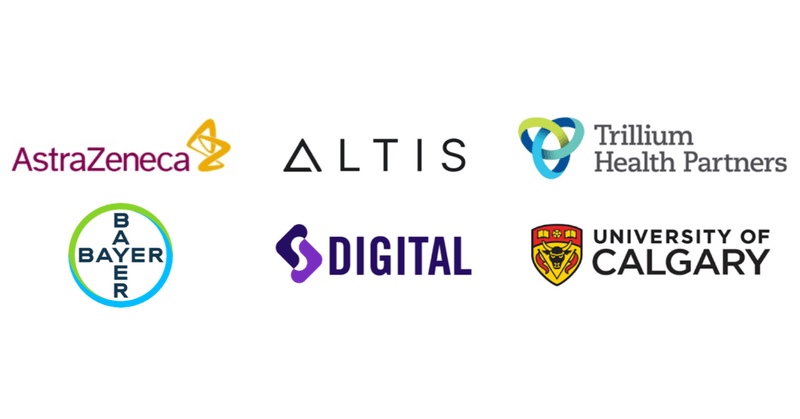
Altis Labs, Inc. (Altis), an innovative computational imaging firm, spearheads a worldwide coalition to push for the use of digital twins in clinical trials. This group aims to change the clinical trial design, speed up timelines, and lower failure rates for new cancer treatments.
Digital twins, or virtual replicas of physical systems, enable real-time monitoring and manipulation. In healthcare, professionals use them to simulate patient responses to treatments.
AstraZeneca and Bayer Pharmaceuticals apply these predictions to refine statistical analyses. This enhances treatment assessment accuracy and speeds up candidate prioritisation. Altis’ flagship platform, Nota, helps biopharma sponsors analyse imaging data from ongoing and past trials using AI models. These models forecast disease progression for patients, forming a virtual control group of digital twins. The project has been met with great excitement as it leverages AI tools to improve patient outcomes while building on Altis’ success in developing a substantial cancer imaging database.
AstraZeneca and Bayer Pharmaceuticals, as early adopters, have exclusive access to AI models through Nota for four clinical trials. DIGITAL, Canada’s top Innovation Cluster for digital technologies, backs this $5.7 million project.
The transformative potential of AI-based digital twins to provide insights beyond traditional tumour measurements is clear, reinforcing the crucial role of clinical trials. This initiative, merging Canada’s AI capabilities and healthcare systems, plays a significant role in adopting clinical research tools. The ultimate aim is to revolutionise therapeutic development and enhance the quality and accessibility of cancer care in Canada.